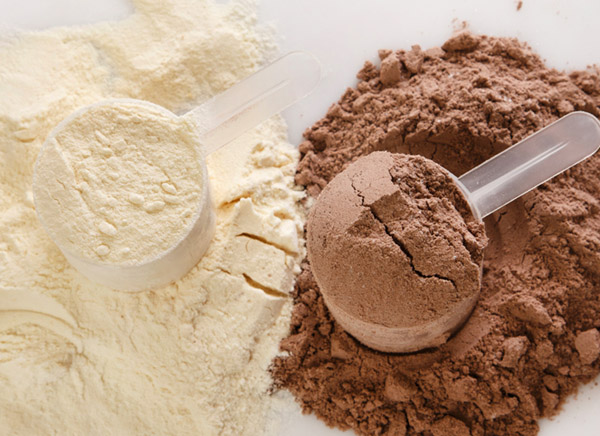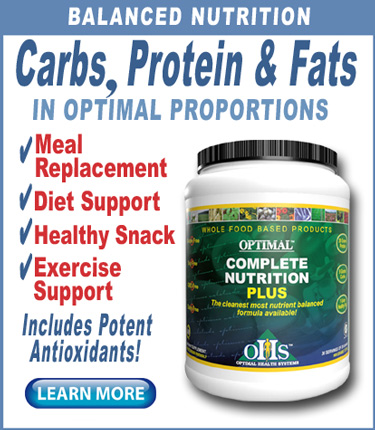Meal replacement powders have grown in popularity in the past decade.
The reasons are numerous: They are popular with dieters looking for a lower-calorie option than a full meal. They’re popular as a healthy meal option for busy consumers with hectic schedules. And higher-protein versions are popular for supplementing either before or after an exercise session.
With all this popularity it begs the question as to whether using a meal replacement powder is really as healthy as eating a standard meal.
According to new research, in some regards it’s better.
The research, a clinical trial conducted at the University of Alberta, made the case for high-protein meal replacements in lieu of a standard breakfast for optimal metabolic performance in the gym shortly afterward.
According to the results of the study, published in Nutrients in January 2021, the high-protein meal replacement group saw significantly greater fat oxidation and had a lower respiratory exchange ratio during exercise.
Perhaps most significantly, following exercise the meal replacement group had less significant increases in hunger than the control group. This is a critical aspect to weight loss, since feelings of hunger is the primary reason for the failure of weight loss programs.
Study details
The acute, randomized, controlled crossover study recruited 43 healthy, normal weight adults who were split into two groups—one taking a high-protein meal replacement, and one consuming a Standard North American Breakfast. Following meal consumption, test subjects were instructed to perform moderate-intensity exercise while inside of a whole-body calorimetry unit.
The high-protein meal replacement was made up of soy protein and contained 30% carbs, 43% protein and 27% fat.
The Standard North American Breakfast was comprised of 55% carbohydrates, 15% protein and 30% fat. Each of the pre-workout meals were of equivalent caloric value.
Results
In addition to greater fat burning, a number of metabolic parameters seemed better for the purposes of maintaining a healthy body weight than were present in the control group.
From fasting state to post-exercise, the meal replacement group had greater changes in insulin, peptide tyrosine-tyrosine, and glucagon-like peptide 1 (each of these three markers are anorexigenic hormones). Changes in LDL cholesterol, triglyceride, and glycerol were also lower.
All together, these differences suggest that a high-protein meal replacement shortly before exercise, in lieu of a standard breakfast, could be critical for some as a weight management strategy.
“Diet and physical activity are key players in the ‘intake’ and ‘expenditure’ sides of the energy balance equation,” the authors wrote. “Although the balance concept seems uncomplicated, its regulation is highly complex and influenced not only by energy intake and energy expenditure, but also by physiologic and behavioral factors, such as age, hormones, and appetite sensations[…] therefore, the ‘eat less’ and ‘exercise more’ solution for weight management is not a simple one.”
Use in moderation
Though the study highlights certain benefits to utilizing a quality meal replacement powder, the research should not be taken to demonstrate that replacing all of one’s meals with a powder is a good idea.
Regular foods offer other ingredients that are essential for good health, most notably fiber. However, the research does show that strategic and appropriate use of meal replacements can be highly-beneficial.
And it goes without saying that the powder/supplement must be of unquestionable quality to provide real benefits.
Optimal Health Systems offers the ultimate meal replacement powder, Complete Nutrition Plus.
Complete Nutrition Plus is the ultimate nutritional supplement, providing a clean blend of plant-based proteins, carbs and healthy fats—in perfect ratios.
Other powders offered by Optimal Health Systems include:
• Optimal Collagen Plus
• Complete Performance-Chocolate
• Complete Performance-Vanilla
– – –
Sources: Nutrients/MDPI Journals.


